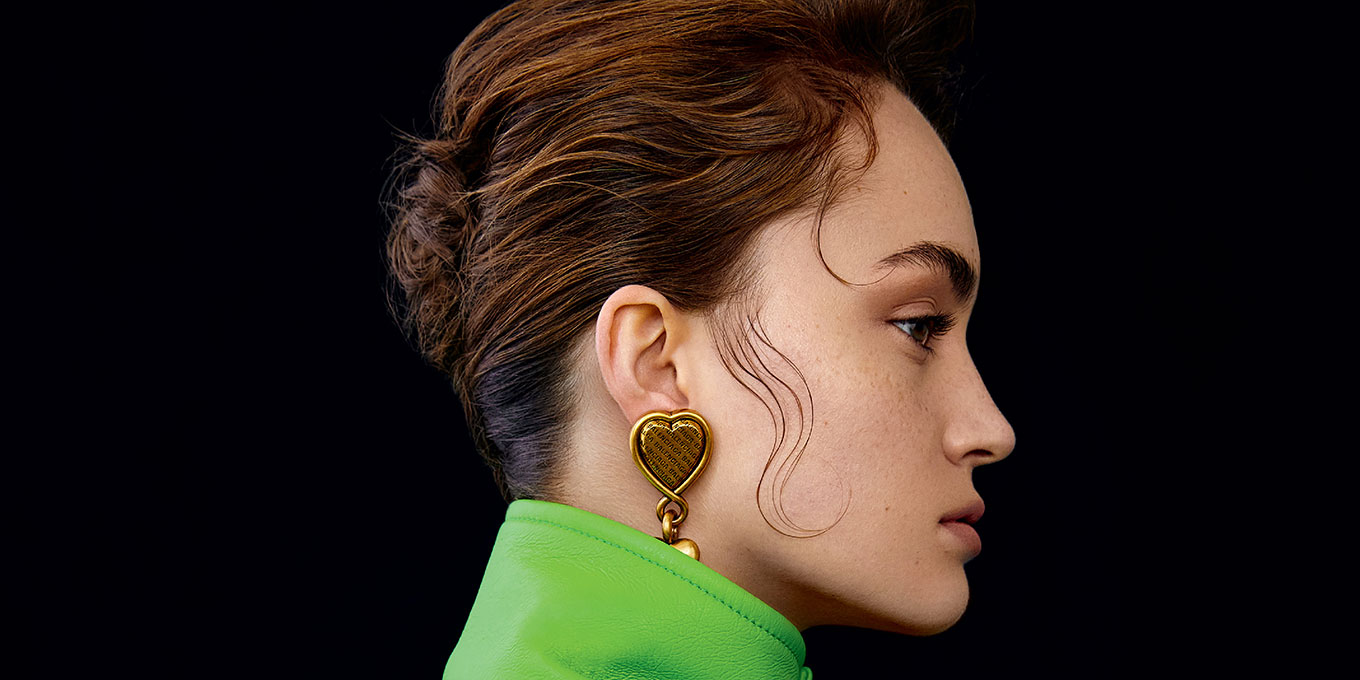Few wellness trends dominated the latter half of this decade as much as that of self-care, arguably peaking in 2016, a year notable for Brexit and Trump, a year that sometimes feels like it never really ended. And while the concept, based on the notion that caring for yourself is necessary for both physical and mental health, has radical roots in the mid 20th century, the 2010s have seen it morph into a commercial entity, something that more accurately reflects our commodity-focused society.
Having started out as a way for mentally ill and elderly patients in the 1950s and ’60s to find autonomy by tending to some of their own needs – such as grooming and exercise – self-care has since evolved into a mode of acquisition-based healing. In our increasingly-time-deficient lives, we don’t always have the opportunity for more meditative care, so we buy a face mask and hope for the best. It’s a natural progression for late-stage capitalism that the solution to millennial burnout is to purchase rather than practice our way to inner peace – whatever that means these days.
With our increasingly isolated lives – the number of Canadians living alone has doubled in the past 35 years – radical acts of care that connect us to ourselves so we can connect with each other are more critical than ever, especially as we approach another decade that will no doubt be defined by political upheaval, economic precariousness and the growing realities of climate change. So how can we further evolve the concept of self-care from the superficial to the transformative so we can face the 2020s head-on?
One of the essential elements surrounding this question is what self-care is at its core and what purpose it serves. According to clinical psychologist Miriam Kirmayer, it’s ultimately about self-reflection. “A large part of this is recognizing the kinds of activities, conversations, and people that we find nourishing or meaningful,” she says. “But self-care also involves knowing when we should turn toward those outlets.” Essentially, there is no one-size-fits-all option for what self-care looks like, and it will – and should – change depending on your needs and circumstances at any given moment. That means understanding yourself enough to know whether your care needs to extend inwards in the form of a quiet night in or outwards by way of a phone call or hang with a friend.
Much of what is fuelling our generation’s desire for wellness is widespread burnout: We are overworked, underpaid, debt-laden and increasingly struggling with both personal and professional boundaries. Self-care must ultimately expand to help us deal with the root causes of these issues. “Boundaries” seems to have become a buzzword for 2019 as people have struggled to manage their emotional and mental burdens. From viral threads on Twitter that offered up slightly unconventional ways of letting your friends know you may not have the capacity to take on their issues at any given moment to start-up culture that demands increasingly more from their employees, figuring out how to create space for oneself has become one of the dominant conversations among millennials and gen Zs.
But what does it actually mean to set boundaries and how are they helpful in maintaining not just relationships but self-care? As Kirmayer puts it, boundaries can take many forms but, ultimately, “The commonality is that we recognize when something conflicts with our values or sense of security or comfort and take steps to change the situation,” she explains. “Prioritizing our needs also sends a clear message to ourselves about our self-worth and the value we place on our wellbeing.” In a friendship, she adds, “these kinds of disclosures can also help our friends to recognize situations that we ourselves find draining or difficult as well as the kinds of outlets that allow us to recharge.” Without turning your personal relationships into transactional exchanges, you can find empathetic ways to communicate to friends why a certain boundary is important to you, ensure that the boundary isn’t personal and encourage your friends to share their own boundaries.
Translating this into our work lives might seem more complicated, but the same basic principles apply. Changing our relationship with work, recognizing our value and drawing boundaries is as critical in our professional relationships as it is in our personal ones. Beyond each of us advocating for ourselves, perhaps more transparency in the workplace will help us recognize the larger issues, like diversity, precarity and pay disparity.
Of course, none of this means you shouldn’t indulge in the things that help you get through a tough day or week, but as we approach a new decade of uncertainty, community building may become the most radical self-care act of all.
Newsletter
Join our mailing list for the latest and biggest in fashion trends, beauty, culture and celebrity.
More from Life and Love
Read Next

Beauty
The Best Met Gala Beauty Looks Of All Time
From Taylor Swift's 'Bleachella' era to Rihanna's iconic 2011 braids, meet the best beauty moments in Met Gala history.
by : Katie Withington- Apr 26th, 2024

Culture
Benny Blanco Says He Fell in Love With Selena Gomez Without ‘Even Noticing’ It
Allow Benny Blanco to tell the straight-from-a-rom-com story of how he realized his feelings for his girlfriend and longtime friend.
by : Alyssa Bailey- Apr 26th, 2024

Beauty
Summer Prep: How to Feel Confident in Your Swimsuit
New Size-Inclusive Swimwear: Gillette Venus partners with The Saltwater Collective to Launch a Collection for Any Body
by : ELLE Canada- Apr 24th, 2024





